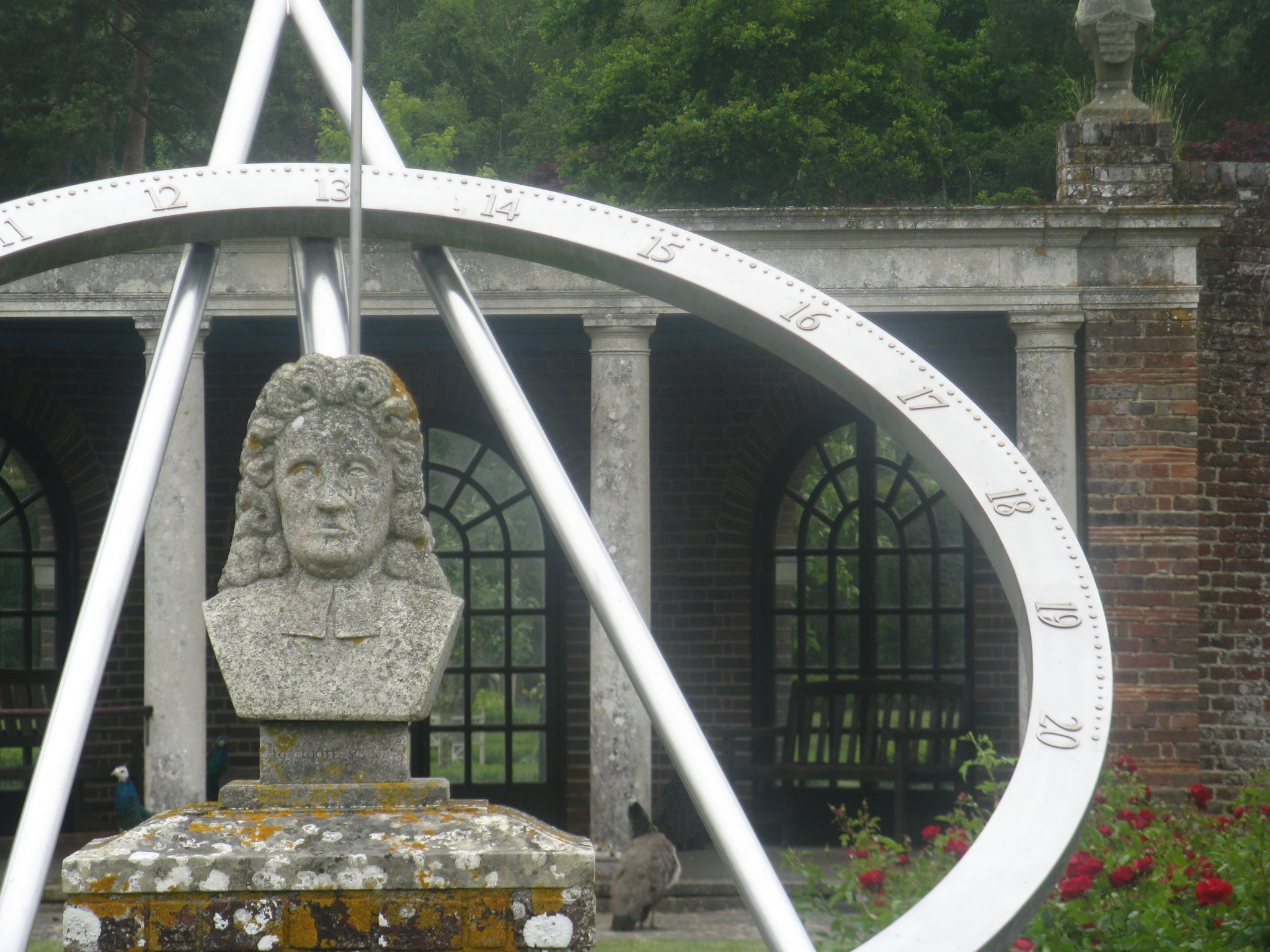
by Alisha Mann, MPsy
This series was originally completed as a Major Research Project in partial fulfillment of Adler Graduate Professional School’s Master of Psychology degree.
Summing Up
Much of the available research has asked why SA individuals are hesitant to seek professional help for mental health concerns. Although various approaches have been taken to answer this question, the vast majority of results point to stigmatization within the community as the main barrier to help-seeking behaviours, accompanied by stereotyping amongst health care professionals. Culture has also been implicated in this stigmatization and is in itself a barrier insofar as Western therapeutic modalities have been, and continue to be, based on individualistic assumptions. As a means of alleviating such barriers, the integration of collectivistic forms of counselling has been considered and has led the way for the incorporation of more culturally sensitive therapists. Research shows that a therapist of the same culture/ethnicity or language is not the only answer, as intergenerational differences have been implicated as both a source of psychological distress and a barrier to help-seeking. Methods of alleviating such barriers, such as providing additional and improved educational resources, must avoid categorizing similar generations into a homogenous group, as there are several intragenerational differences as well.
The current study sought to ask what allows SA individuals to seek counselling. Although the above barriers continue to be present, the questions were aimed at understanding the hegemonic processes of culture, religion, and gender roles associated with those barriers. The individual experiences as provided by all three participants of seeking and participating in counselling, understanding personal and external barriers, and overcoming such barriers led to the creation of the actual question: What change(s) allowed these South Asian individuals to seek and participate in counselling? Answers from these individuals provide a direction for more generalized inquiry into this important question.





